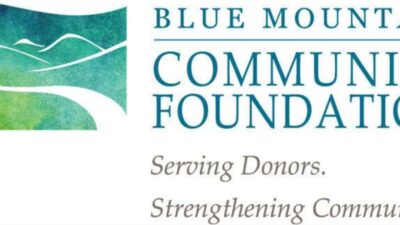We can readily understand why investors are attracted to unprofitable companies. For example, although software-as-a-service business Salesforce.com lost money for years while it grew recurring revenue, if you held shares since 2005, you’d have done very well indeed. But while history lauds those rare successes, those that fail are often forgotten; who remembers Pets.com?
So, the natural question for Alpha Cognition (NASDAQ:ACOG) shareholders is whether they should be concerned by its rate of cash burn. In this report, we will consider the company’s annual negative free cash flow, henceforth referring to it as the ‘cash burn’. The first step is to compare its cash burn with its cash reserves, to give us its ‘cash runway’.
A cash runway is defined as the length of time it would take a company to run out of money if it kept spending at its current rate of cash burn. When Alpha Cognition last reported its March 2025 balance sheet in May 2025, it had zero debt and cash worth US$46m. In the last year, its cash burn was US$7.4m. Therefore, from March 2025 it had 6.1 years of cash runway. Notably, however, analysts think that Alpha Cognition will break even (at a free cash flow level) before then. In that case, it may never reach the end of its cash runway. You can see how its cash balance has changed over time in the image below.
See our latest analysis for Alpha Cognition
Whilst it’s great to see that Alpha Cognition has already begun generating revenue from operations, last year it only produced US$2.9m, so we don’t think it is generating significant revenue, at this point. Therefore, for the purposes of this analysis we’ll focus on how the cash burn is tracking. With cash burn dropping by 15% it seems management feel the company is spending enough to advance its business plans at an appropriate pace. Clearly, however, the crucial factor is whether the company will grow its business going forward. So you might want to take a peek at how much the company is expected to grow in the next few years.
Even though it has reduced its cash burn recently, shareholders should still consider how easy it would be for Alpha Cognition to raise more cash in the future. Generally speaking, a listed business can raise new cash through issuing shares or taking on debt. One of the main advantages held by publicly listed companies is that they can sell shares to investors to raise cash and fund growth. By looking at a company’s cash burn relative to its market capitalisation, we gain insight on how much shareholders would be diluted if the company needed to raise enough cash to cover another year’s cash burn.



